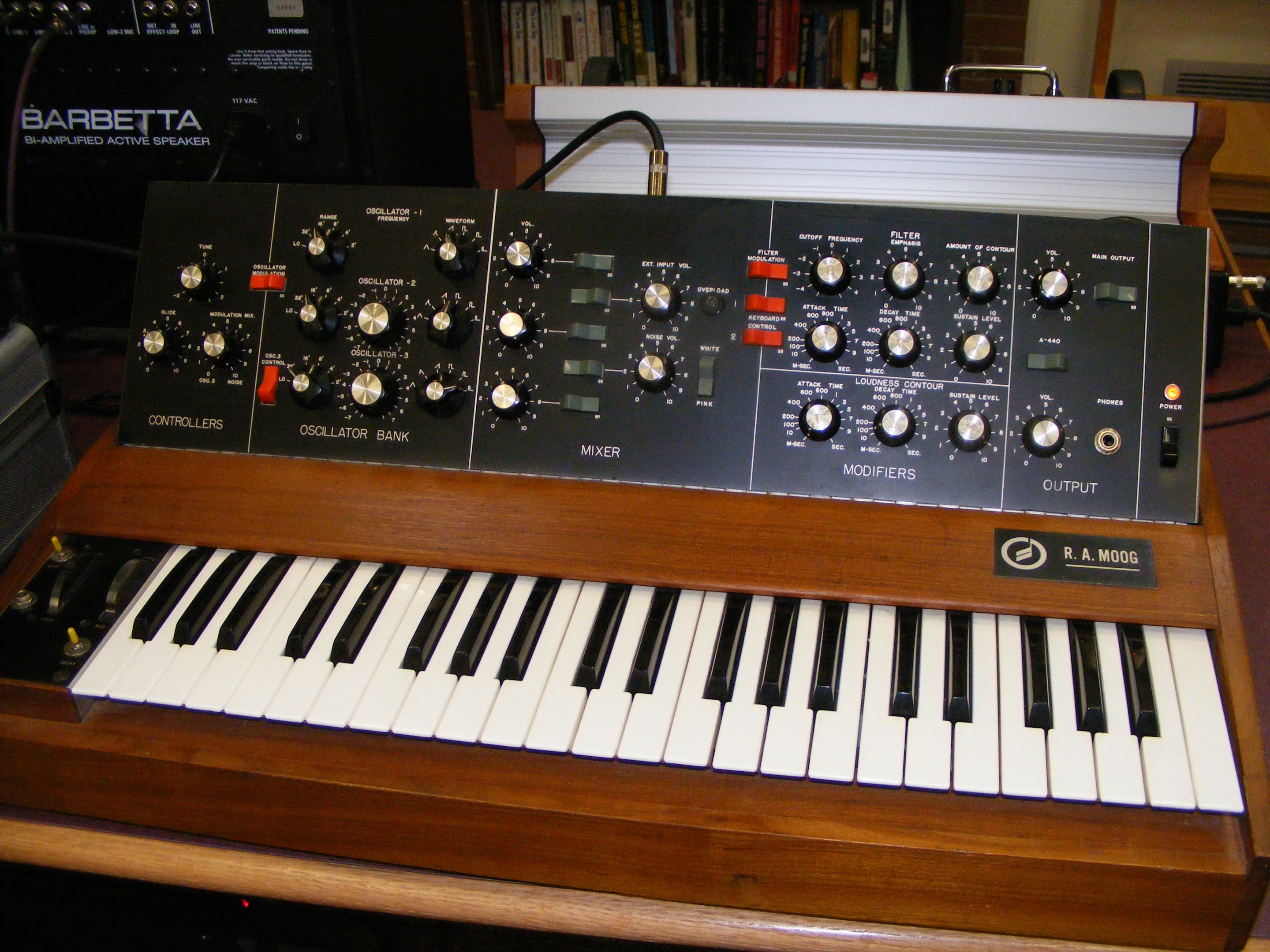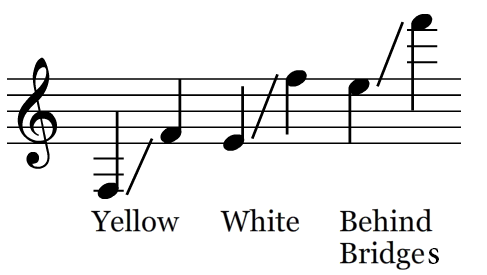|
Issam Hajali
Issam Hajali is a Lebanese jazz and folk rock musician. In 1975, when the civil war in Lebanon started, he was a guitarist of a progressive rock band Rainbow Bridge in Beirut. In 1976, Hajali, who was politically ultra-left, fled Lebanon with his wife, first to Cyprus, and then to Paris, where he stayed in 1977, before going back to Beirut. In his last week in Paris, Hajali, together with Rogér Fakhr, another Lebanese musician, and a number of musicians from various countries, whose names were eventually lost, recorded his debut album, ''Mouasalt Ila Jacad El Ard''. The record combined santur with the Western-style music with vocals, jazz guitars, and synthesizers. The texts were taken from Palestinian revolutionary poet Samih al-Qasim. The album was not properly released at the time and circulated on tapes, with estimated 100 copies. In Beirut, it came to an attention of musician Ziad Rahbani who popularized it. In 2019, the record was re-released by Habibi Funk. One of the com ... [...More Info...] [...Related Items...] OR: [Wikipedia] [Google] [Baidu] |
Lebanon
Lebanon ( , ar, لُبْنَان, translit=lubnān, ), officially the Republic of Lebanon () or the Lebanese Republic, is a country in Western Asia. It is located between Syria to Lebanon–Syria border, the north and east and Israel to Blue Line (Lebanon), the south, while Cyprus lies to its west across the Mediterranean Sea; its location at the crossroads of the Mediterranean Basin and the Arabs, Arabian hinterland has contributed to History of Lebanon, its rich history and shaped Culture of Lebanon, a cultural identity of demographics of Lebanon#Religious groups, religious diversity. It is part of the Levant region of the Middle East. Lebanon is home to roughly six million people and covers an area of , making it the List of countries and dependencies by area, second smallest country in continental Asia. The official language of the state is Arabic, while French language, French is also formally recognized; the Lebanese Arabic, Lebanese dialect of Arabic is used alongside Mo ... [...More Info...] [...Related Items...] OR: [Wikipedia] [Google] [Baidu] |
Palestinian
Palestinians ( ar, الفلسطينيون, ; he, פָלַסְטִינִים, ) or Palestinian people ( ar, الشعب الفلسطيني, label=none, ), also referred to as Palestinian Arabs ( ar, الفلسطينيين العرب, label=none, ), are an ethnonational group descending from peoples who have inhabited the region of Palestine over the millennia, and who are today culturally and linguistically Arab. Despite various wars and exoduses, roughly one half of the world's Palestinian population continues to reside in the territory of former British Palestine, now encompassing the West Bank and the Gaza Strip (the Palestinian territories) as well as Israel. In this combined area, , Palestinians constituted 49 percent of all inhabitants, encompassing the entire population of the Gaza Strip (1.865 million), the majority of the population of the West Bank (approximately 2,785,000 versus some 600,000 Israeli settlers, which includes about 200,000 in East Jerusalem), an ... [...More Info...] [...Related Items...] OR: [Wikipedia] [Google] [Baidu] |
Living People
Related categories * :Year of birth missing (living people) / :Year of birth unknown * :Date of birth missing (living people) / :Date of birth unknown * :Place of birth missing (living people) / :Place of birth unknown * :Year of death missing / :Year of death unknown * :Date of death missing / :Date of death unknown * :Place of death missing / :Place of death unknown * :Missing middle or first names See also * :Dead people * :Template:L, which generates this category or death years, and birth year and sort keys. : {{DEFAULTSORT:Living people 21st-century people People by status ... [...More Info...] [...Related Items...] OR: [Wikipedia] [Google] [Baidu] |
Lebanese Musicians
Lebanese may refer to: * Something of, from, or related to the Lebanese Republic * Lebanese people, people from Lebanon or of Lebanese descent * Lebanese Arabic, the colloquial form of Arabic spoken in Lebanon * Lebanese culture * Lebanese cuisine See also * * List of Lebanese people This is a list of notable individuals born and residing mainly in Lebanon. Lebanese expatriates residing overseas and possessing Lebanese citizenship are also included. Activists * Lydia Canaan – activist, advocate, public speaker, and Unite ... {{disambig Language and nationality disambiguation pages ... [...More Info...] [...Related Items...] OR: [Wikipedia] [Google] [Baidu] |
Stairway To Heaven
"Stairway to Heaven" is a song by English rock band Led Zeppelin, released in late 1971. It was composed by the band's guitarist Jimmy Page and lead singer Robert Plant for their untitled fourth studio album (often titled ''Led Zeppelin IV''). The song is widely regarded as one of the greatest rock songs of all time.September 2002 Issue '' SPIN''. SPIN Media. The song has three sections, each one progressively increasing in and ... [...More Info...] [...Related Items...] OR: [Wikipedia] [Google] [Baidu] |
Habibi Funk
Habibi Funk Records is a reissue record label based in Berlin, Germany dedicated to music from the Arab world. It was co-founded by Jannis Stürtz, who also works as a DJ using the name Habibi Funk. The label is mostly known for its albums and accompanying booklets of Arabic funk and soul bands from the 1960-80s. History Jannis Stürtz first became interested in the music of the region while visiting Casablanca, Morocco in 2002. Habibi Funk's first release was ''al-Zman Saib'' (), a 1970s reinterpretation of British rock group Free's song " All Right Now" by a Moroccan group called Fadaul et les Privileges (). Habibi Funk has re-released an expansive collection of Arabic funk and soul bands from the 1960-80s, including compilations. Apart from these, there are albums featuring a specific band, like Sudanese funk musician Kamal Keila, the "King of Sudanese Jazz", Sharhabil Ahmed or The Scorpions and Saif Abu Bakr, as well as North African musicians such as Al Massrieen, Ahme ... [...More Info...] [...Related Items...] OR: [Wikipedia] [Google] [Baidu] |
Ziad Rahbani
Ziad Rahbani ( ar, زياد الرحباني, born 1956) is a Lebanese composer, pianist, playwright, and political commentator. He is the son of Fairouz, one of Lebanon and the Arab world's most famous singers, and Assi Rahbani, one of the founders of modern Arab music. His compositions are well known throughout the Arab world. He became by far the most influential Lebanese artist during the civil war. Many of his musicals satirize Lebanese politics both during and after the Lebanese Civil War, and are often strongly critical of the traditional political establishment. Personal life Ziad Rahbani is the son of the Lebanese composer Assi Rahbani and Nouhad Haddad, the Lebanese female singer known as Fairuz. Rahbani was married to Dalal Karam, with whom he has a boy named "Assi" but he was later found out not to be his biological son. Their relationship later ended in divorce, prompting Karam to write a series of articles for the gossip magazine ''Ashabaka'' about their marri ... [...More Info...] [...Related Items...] OR: [Wikipedia] [Google] [Baidu] |
Samih Al-Qasim
Samīħ al-Qāsim al Kaissy ( ar, سميح القاسم; he, סמיח אל קאסם; 1939 – August 19, 2014) was a Palestinian Druze poet with Israeli citizenship whose work is well known throughout the Arab world. He was born in Transjordan and later lived in Mandatory Palestine and Israel. Before the Six-Day War in 1967 he was mainly influenced by Arab nationalism; after the war he joined the Israeli Communist Party. Early life Al-Qasim was born in 1939 in the Emirate of Transjordan (now Jordan), in the northern city of Zarqa, while his father served in the Arab Legion of King Abdullah. He came from a Druze family from the town of Rameh in the Upper Galilee. Al-Qasim attended primary school there and then later graduated from secondary school in Nazareth. His family did not flee Rameh during the 1948 Palestinian exodus (Nakba).A Bilingual Anthology of Arabic Poetry - Victims of A Map'' by Samih al-Qasim, Adonis, and Mahmoud Darwish. Al-Saqi Books 26 Westbourne Grove, Lo ... [...More Info...] [...Related Items...] OR: [Wikipedia] [Google] [Baidu] |
Synthesizers
A synthesizer (also spelled synthesiser) is an electronic musical instrument that generates audio signals. Synthesizers typically create sounds by generating Waveform, waveforms through methods including subtractive synthesis, additive synthesis and frequency modulation synthesis. These sounds may be altered by components such as Audio filter, filters, which cut or boost Audio frequency, frequencies; Envelope (music), envelopes, which control Articulation (music), articulation, or how notes begin and end; and Low-frequency oscillation, low-frequency oscillators, which modulate parameters such as pitch, volume, or filter characteristics affecting timbre. Synthesizers are typically played with Musical keyboard, keyboards or controlled by Music sequencer, sequencers, software or other instruments, and may be synchronized to other equipment via MIDI. Synthesizer-like instruments emerged in the United States in the mid-20th century with instruments such as the RCA Mark II Sound ... [...More Info...] [...Related Items...] OR: [Wikipedia] [Google] [Baidu] |
Folk Rock
Folk rock is a hybrid music genre that combines the elements of folk music, folk and rock music, rock music, which arose in the United States, Canada, and the United Kingdom in the mid-1960s. In the U.S., folk rock emerged from the American folk music revival, folk music revival. Performers such as Bob Dylan and the Byrds—several of whose members had earlier played in folk ensembles—attempted to blend the sounds of rock with their pre-existing folk repertoire, adopting the use of electric instrumentation and drums in a way previously discouraged in the U.S. folk community. The term "folk rock" was initially used in the U.S. Music journalism, music press in June 1965 to describe the Byrds' music. The commercial success of the Byrds' cover version of Dylan's "Mr. Tambourine Man" and their debut album Mr. Tambourine Man (album), of the same name, along with Dylan's own recordings with rock instrumentation—on the albums ''Bringing It All Back Home'' (1965), ''Highway 61 Revis ... [...More Info...] [...Related Items...] OR: [Wikipedia] [Google] [Baidu] |
Santur
The santur (also ''santūr'', ''santour'', ''santoor'') ( fa, سنتور), is a hammered dulcimer of Iranian origins.--- Rashid, Subhi Anwar (1989). ''Al-ʼĀlāt al-musīqīyya al-muṣāhiba lil-Maqām al-ʻIrāqī''. Baghdad: Matbaʻat al-ʻUmmāl al-Markazīyya. History The santur was invented and developed in the area of Iran and Mesopotamia. "The earliest sign of it comes from Assyrian and Babylonian stone carvings (669 B.C.); it shows the instrument being played while hanging from the player's neck" (35). This instrument was traded and traveled to different parts of the Middle East. Each country customized and designed its own versions to adapt to their musical scales and tunings. The original santur was made with wood and stones and strung with goat intestines. The Mesopotamian santur has been claimed to be the father of the harp, the Chinese yangqin, the harpsichord, the qanun, the cimbalom, and the American and European hammered dulcimers. Name The name 'santu ... [...More Info...] [...Related Items...] OR: [Wikipedia] [Google] [Baidu] |





